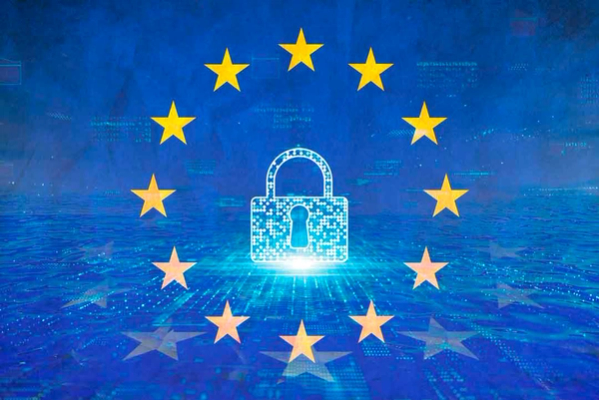October 2023

On October 20, 2023, the European Commission published its final version of the Delegated Regulation on conducting Independent Audits for Very large Online Platforms (VLOPs) and Search Engines (VLOSEs) under the Digital Services Act (DSA). The rules seek to provide guidance to audited providers and auditors on the audit process, reporting templates, and procedural details. Holistic AI, a leader in AI Assurance and Algorithm Auditing, offers independent annual audits and other compliance services to covered entities under the DSA. The company provides customized solutions to assist businesses in complying with the regulation and offers a Final Audit Report with operational recommendations and risk analysis.

The Digital Services Act (DSA) sets out a comprehensive accountability and transparency regime for digital services and platforms operating in the European Union (EU), including very large online platforms (VLOPs) and search engines (VLOSEs) with over 45 million monthly active users. A key provision of the DSA is independent auditing, which mandates VLOPs and VLOSEs to commission external auditors to test and validate their compliance efforts annually. The European Commission released a Delegated Regulation in May 2023 to provide procedural guidance on conducting these audits, which include risk assessments, opt-outs from personalized recommendations, algorithm transparency, data access for researchers, and audit reports. Holistic AI provides services to conduct these independent audits.
July 2023

Recommendation systems are algorithms that suggest content or products to users based on their preferences, leveraging vast amounts of user data. They use techniques such as collaborative-filtering, content-based filtering and hybrid-filtering to rank and suggest relevant items. However, unchecked systems may pose privacy risks and algorithmic biases, compromising user autonomy and agency. Certain legal actions have been taken against recommendation algorithms, and regulatory efforts in Europe and the United States aim to ensure transparency, risk assessment, and user control in these systems. At Holistic AI, a comprehensive approach to AI governance, risk, and compliance is followed, prioritising AI systems that embed ethical principles.
May 2023

The Digital Services Act is a new EU law that regulates digital services and requires companies to assess risks, outline mitigation efforts, and undergo third-party audits for compliance. The Act applies to hosting services, marketplaces, and online platforms that offer services in the EU, regardless of their place of establishment. Key provisions of the Act include transparency and algorithmic accountability and a risk governance approach to AI systems. Non-compliance with the Act can attract penalties of up to 6% of the company's annual turnover in the European Union and companies will also be exposed to civil suits and liability. The Act will be in full effect starting February 17th, 2024.
April 2023

Algorithms are increasingly being used in social media platforms for various purposes such as recommendations and amplifying movements, but they can also be used as vectors of harm. The misuse of generative AI to create deepfakes, voice clones, and synthetic media can lead to misleading content, and algorithmic overdependence can create filter bubbles and echo chambers, affecting marginalized communities. Governments are taking measures to mitigate these harms through regulations, such as the EU AI Act, Digital Services Act, and legislation in the US. Lawsuits against social media platforms for algorithmic harms are also being seen, potentially setting a precedent for holding them liable. The article emphasizes the need for trustworthy AI systems that are developed with ethics and harm mitigation in mind.